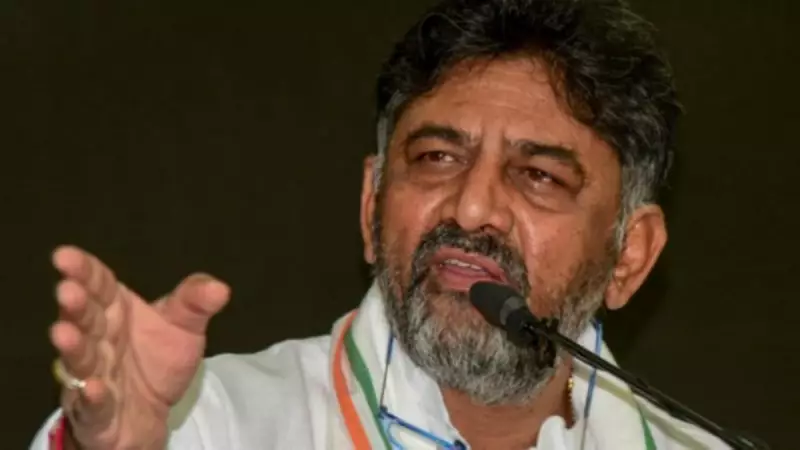
In a dramatic political exchange that's setting social media ablaze, Karnataka Deputy Chief Minister DK Shivakumar has thrown down the gauntlet on India's wedding car culture. The Congress leader posed a provocative question that's making couples and parents rethink their pre-wedding shopping lists.
The Political Confrontation
The controversy erupted when BJP MP Tejasvi Surya made remarks about the government's approach to vehicle purchases. Shivakumar didn't hold back in his response, turning the discussion toward societal priorities and environmental consciousness.
"Why this obsession with buying new cars right before weddings?" Shivakumar challenged, his words echoing through the political corridors of Karnataka. "Can't you use public transport instead?"
Questioning Wedding Extravagance
The Deputy CM's comments strike at the heart of Indian wedding traditions, where the arrival of the groom in a lavish car has become almost ceremonial. Shivakumar suggested this mindset needs reconsideration in modern times.
His remarks highlight several key concerns:
- The environmental impact of multiple vehicle purchases
- Financial burden on families during wedding preparations
- The viability of public transport as a practical alternative
- Changing societal norms around displays of wealth
Broader Political Implications
This isn't just about transportation choices—it's become a political battlefield. The exchange between Shivakumar and Surya represents larger ideological differences between the Congress and BJP regarding:
- Urban development priorities
- Environmental policies
- Social reform versus tradition
- Government's role in influencing public behavior
The debate comes at a crucial time when Indian cities are grappling with traffic congestion and air quality issues, making Shivakumar's comments particularly relevant to urban planning discussions.
Public Reaction and Social Media Buzz
As expected, the Deputy CM's statements have triggered heated discussions across platforms. While some applaud his push for sustainable choices, others see it as government overreach into personal decisions.
The conversation has expanded beyond political lines, with environmental activists joining the fray to support the public transport argument, while traditionalists defend wedding customs as personal choices that shouldn't be politicized.
This exchange demonstrates how everyday issues like wedding preparations can become flashpoints in larger political and environmental discussions, proving that in Indian politics, no topic—no matter how personal—is off the table for public debate.






